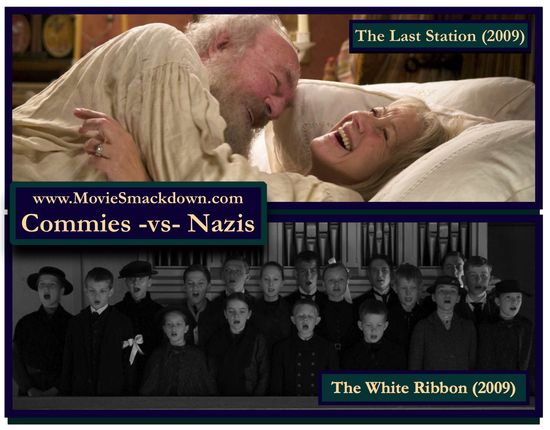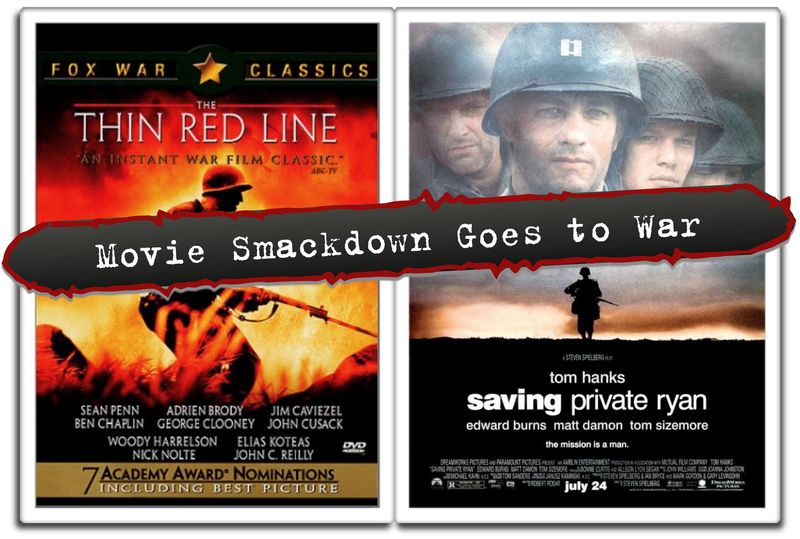The White Ribbon (2009) -vs- The Last Station (2009)
Over the fifteen months preceding the first world war, a series of increasingly strange events unfold in a tiny German town. (In this hamlet, something’s rotten in the state of Germany, not Denmark.) The denizens are not individual characters so much as monstrous archetypes; the landed baron a controlling overlord who gradually loses control, the doctor a cold, cruel, and sexually perverse father, the pastor sexually repressed and physically abusive to his many children, the schoolteacher ineffectual, romantic, and somewhat distracted. The children are beaten and tortured, molested and abandoned, mistreated and punished for every infraction. The women are muzzled, abused, and dispatched with not much fanfare. Even the crops suffer brutal beheadings, and the pets savagely killed. In revenge, they act out their dark fantasies, traveling in a creepy Children-of-the-Corn-style pack, walking in an ominously straight line, visiting mysterious cruelties on the different, the Other. All this ritualized punishment rains down on the entire town; initially, the town looks normal, but soon the bucolic vistas yield to a slow motion horror movie, all portent and unease.
[…]


